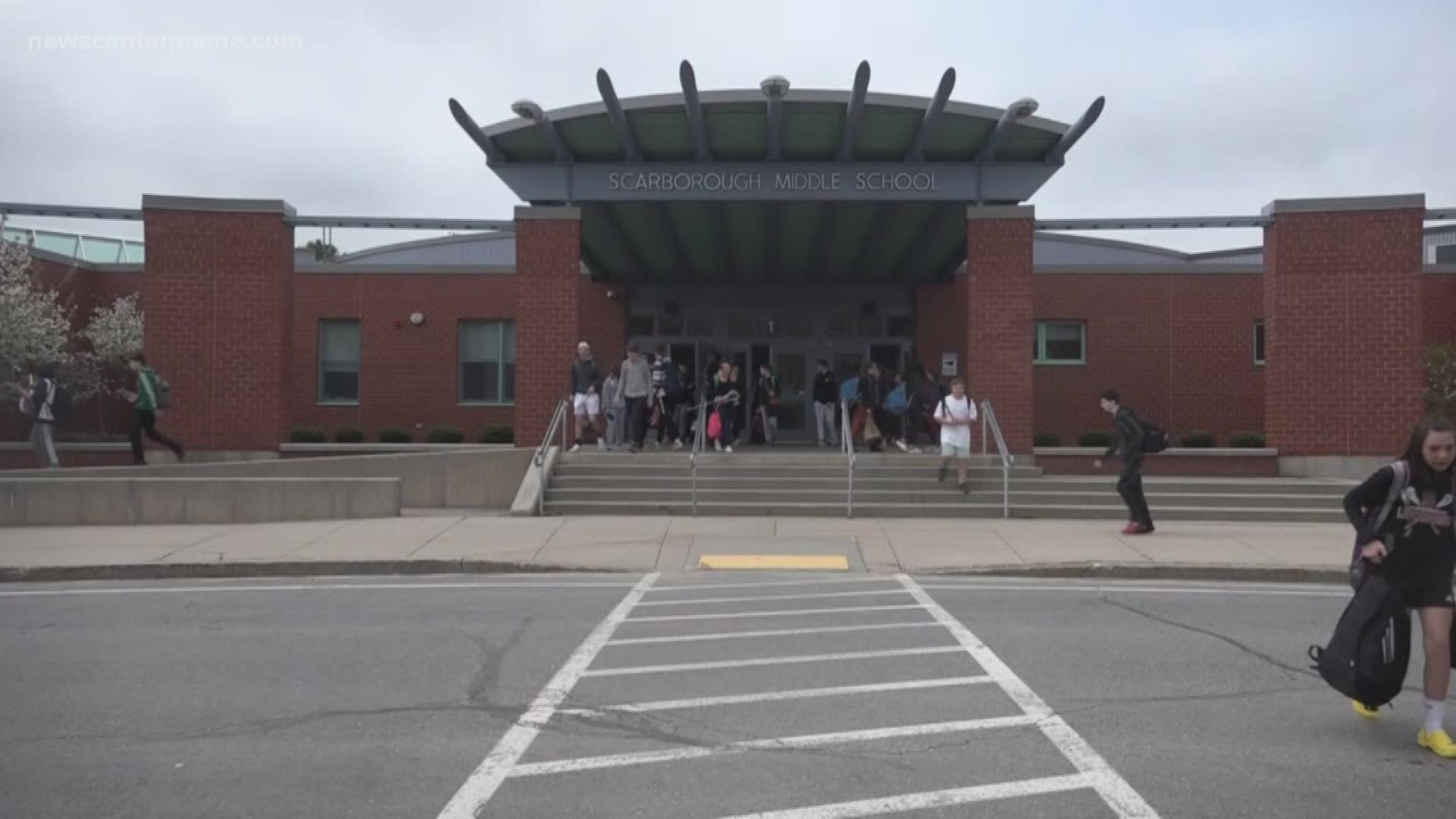CORINTH, Maine — Special education teachers are in high demand at Maine's public schools.
Furthermore, research has shown it's not only difficult to find and hire special education teachers, but also to keep them in that role.
By some estimates, nearly half of all special educators leave the field within the first 5 years.
Scarborough Middle School Principal Diane Nadeau studied the special education shortage in Maine while completing her PhD.
"My research showed that beginning teachers are at the biggest risk of leaving the field," says Nadeau.
Nadeau surveyed hundreds of special educators while completing her PhD.
"31% of respondents I surveyed said they were really undecided on whether they'd remain in special ed as a career," says Nadeau.
Nadeau discovered that feelings of isolation contributed to the problem.
"If you're the only special educator in a school, it can be really easy to feel like you're on an island."
Another factor is burnout due to seemingly endless paperwork.
"Within special education, it's not just, 'I need to learn who my kids are and learn the curriculum,' but there are lots of legal requirements."
In addition to their teaching responsibilities, special educators are tasked with filling out legal forms and writing reports documenting each student's progress.
It's a time-consuming process former special-ed teacher and current Director of Special Education of RSU64, Riley Donovan, knows well.
"The evaluation process is pretty extensive," says Donovan. "These teachers are spending a lot of extra time filling out forms."
Donovan says one solution is to spread responsibility.
"In public schools, all teachers are special ed teachers really. If we think about it that way, there may overtime be less of a need for some of those special educator responsibilities," says Donovan.
RELATED: Teacher shortage in Lewiston
Another solution Donovan is trying with RSY 64 is to grow their own special educators by identifying talented ed-techs in the region.
"One of the things we've tried to do is encourage those people to pursue a degree in teaching and in special education," says Donovan.
Nadeau believes there needs to be a stronger and more consistent on-boarding process for special educators, also more money.
Tangible change in that direction has been made this summer.
A bill that raises minimum wage for teachers to 40-thousand dollars became public law on July second.
It goes into effect next year.

